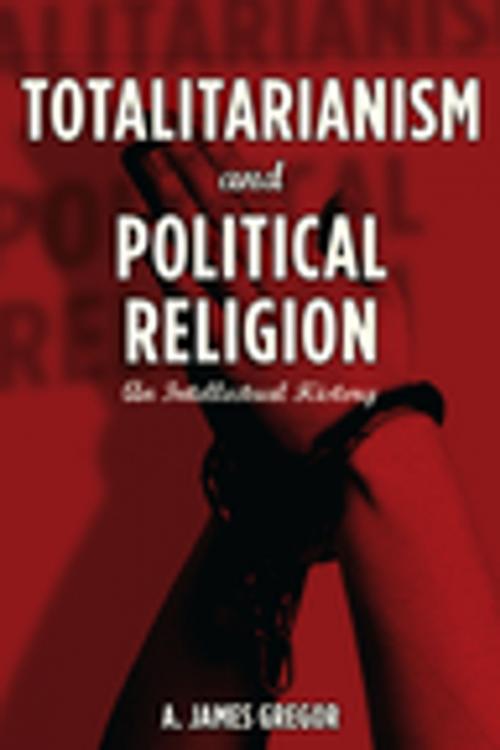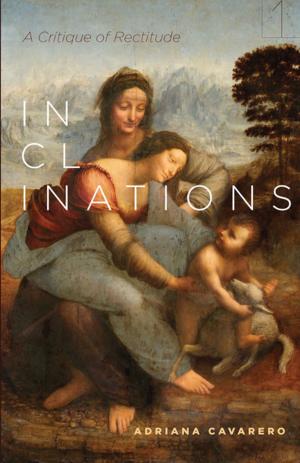| Author: | A. Gregor | ISBN: | 9780804783682 |
| Publisher: | Stanford University Press | Publication: | March 7, 2012 |
| Imprint: | Stanford University Press | Language: | English |
| Author: | A. Gregor |
| ISBN: | 9780804783682 |
| Publisher: | Stanford University Press |
| Publication: | March 7, 2012 |
| Imprint: | Stanford University Press |
| Language: | English |
The totalitarian systems that arose in the twentieth century presented themselves as secular. Yet, as A. James Gregor argues in this book, they themselves functioned as religions. He presents an intellectual history of the rise of these political religions, tracing a set of ideas that include belief that a certain text contains impeccable truths; notions of infallible, charismatic leadership; and the promise of human redemption through strict obedience, selfless sacrifice, total dedication, and unremitting labor. Gregor provides unique insight into the variants of Marxism, Fascism, and National Socialism that dominated our immediate past. He explores the seeds of totalitarianism as secular faith in the nineteenth-century ideologies of Ludwig Feuerbach, Moses Hess, Karl Marx, Friedrich Engels, Giuseppe Mazzini, and Richard Wagner. He follows the growth of those seeds as the twentieth century became host to Leninism and Stalinism, Italian Fascism, and German National Socialism—each a totalitarian institution and a political religion.
The totalitarian systems that arose in the twentieth century presented themselves as secular. Yet, as A. James Gregor argues in this book, they themselves functioned as religions. He presents an intellectual history of the rise of these political religions, tracing a set of ideas that include belief that a certain text contains impeccable truths; notions of infallible, charismatic leadership; and the promise of human redemption through strict obedience, selfless sacrifice, total dedication, and unremitting labor. Gregor provides unique insight into the variants of Marxism, Fascism, and National Socialism that dominated our immediate past. He explores the seeds of totalitarianism as secular faith in the nineteenth-century ideologies of Ludwig Feuerbach, Moses Hess, Karl Marx, Friedrich Engels, Giuseppe Mazzini, and Richard Wagner. He follows the growth of those seeds as the twentieth century became host to Leninism and Stalinism, Italian Fascism, and German National Socialism—each a totalitarian institution and a political religion.















